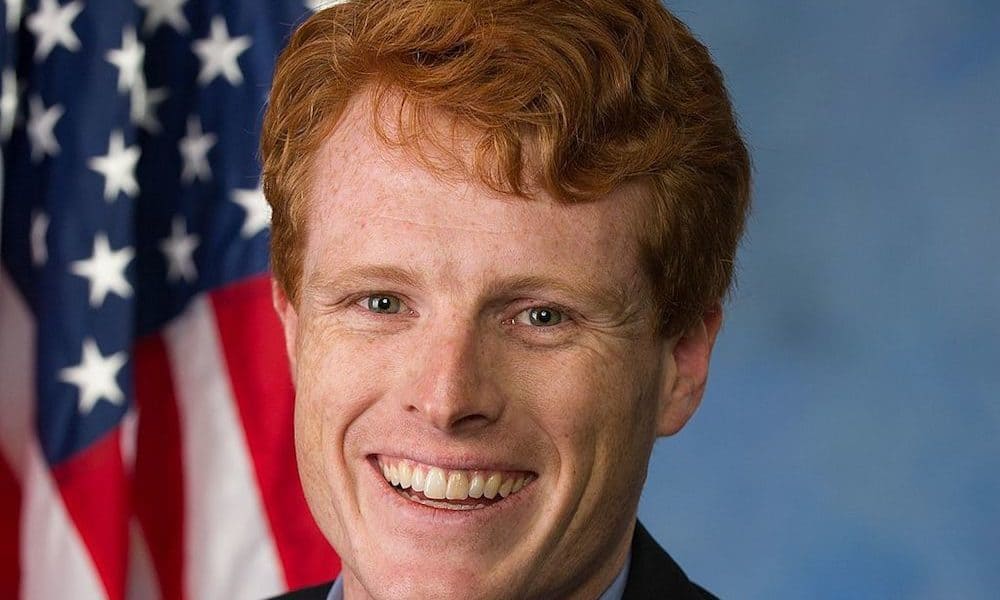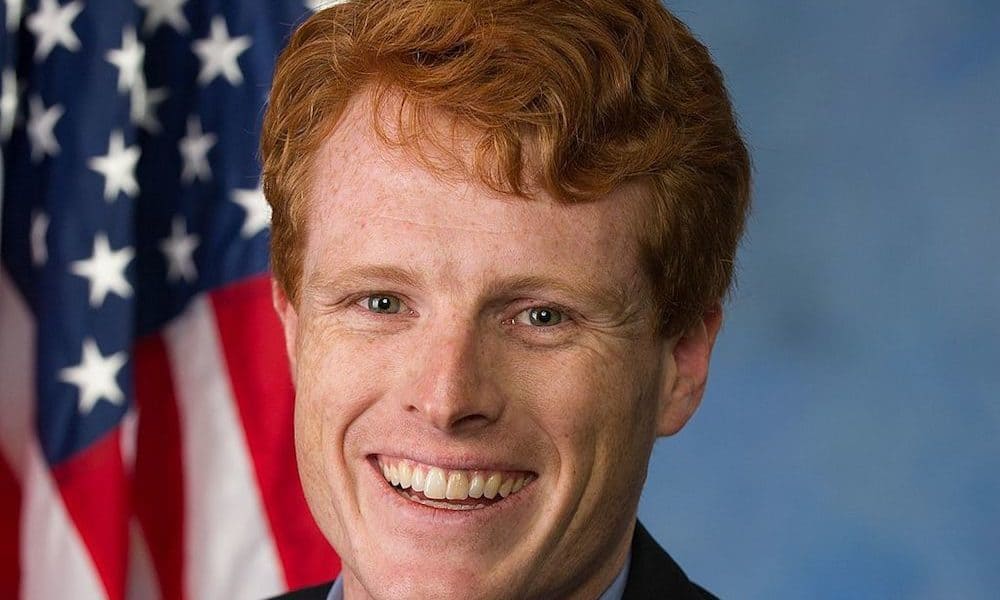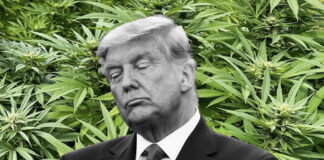
As legal sales of recreational cannabis began in his home state of Massachusetts, Democratic Rep. Joe Kennedy III has called on the federal government to legalize marijuana. Kennedy made his case for an end to national cannabis prohibition in an op-ed published on Tuesday in the online health and life sciences magazine Stat.
Kennedy wrote in the editorial that Washington has failed in its duty to govern.
“Our federal government has ceded its responsibility — and authority — to thoughtfully regulate marijuana,” Kennedy said.
He noted that three more states passed cannabis legalization measures in this month’s midterm elections and that he believes it is time for the federal government to do the same.
“Given the rapid pace of state-level legalization and liberalization, I believe we must implement strong, clear, and fair federal guidelines,” Kennedy said. “To do that requires us to remove marijuana from the Controlled Substances Act (CSA) and legalize it at the federal level.”
New Stance for Kennedy
Kennedy acknowledged that until now he has opposed the legalization of recreational marijuana.
“I’ve remained skeptical,” he said, and then went on to explain.
“My reluctance to embrace legalization stems primarily from one place: my ongoing work with the mental health and addiction communities,” said Kennedy. “I’ve seen the devastating effects of drugs that are used and abused. I’ve met family after family torn apart by addiction. And I’ve heard — repeatedly — from mental health advocates on the frontlines who have grave concerns about what access to marijuana might do for those prone to abuse. They worry about research showing marijuana can be addictive, particularly for adolescents.”
But Kennedy agreed also that there are strong arguments for legalizing cannabis.
“At the same time, I’ve heard from others who see marijuana quite differently. The parent whose epileptic child needs marijuana to calm her seizures. The veteran whose trauma it eases. The black teen arrested for smoking a joint while his white friends did the same with impunity.”
“Over the past year, I’ve worked to rectify these perspectives,” Kennedy continued. “I’ve read, I’ve researched, I’ve had countless conversations with people on both sides. One thing is clear to me: Our federal policy on marijuana is badly broken, benefiting neither the elderly man suffering from cancer whom marijuana may help nor the young woman prone to substance use disorder whom it may harm.”
Kennedy said that the prohibition of cannabis has collateral effects that stifle opportunity.
“Banks fear a crackdown on transactions with marijuana suppliers and dispensaries because they are still illegal under federal law, leaving the state-law-abiding businesses no choice but to operate with cash-only transactions,” Kennedy wrote. “Career placement agencies in Springfield that benefit from federal dollars can’t point job seekers down the block to the marijuana dispensary that’s hiring. Affordable housing developers in Foxboro can’t lease to marijuana retailers without fear of losing funding.”
‘Risks Remain’
Kennedy added that ending cannabis prohibition has challenges to be overcome.
“Legalization is not a cure-all. Risks remain and regulatory vigilance is required. Criminal justice inequities will persist until adequate state-level reforms are sought nationwide. But legalization would guide states choosing to move forward with strong and clear national standards meant to ensure that all Americans are protected fully and equally,” said Kennedy.
Less than eight months ago, Kennedy was still publicly against legalizing cannabis. In an appearance on Jimmy Kimmel Live! in April, he admitted that there were not many cannabis prohibitionists like him left in the Democratic Party.
“I acknowledge the fact that I’m an outlier on this, but I just think it’s something we want to be careful and deliberate about as we go forward,” Kennedy said.
Kimmel then noted that in many areas of the country, the movement has already begun.
“We moved already. It’s been moved,” he said.











